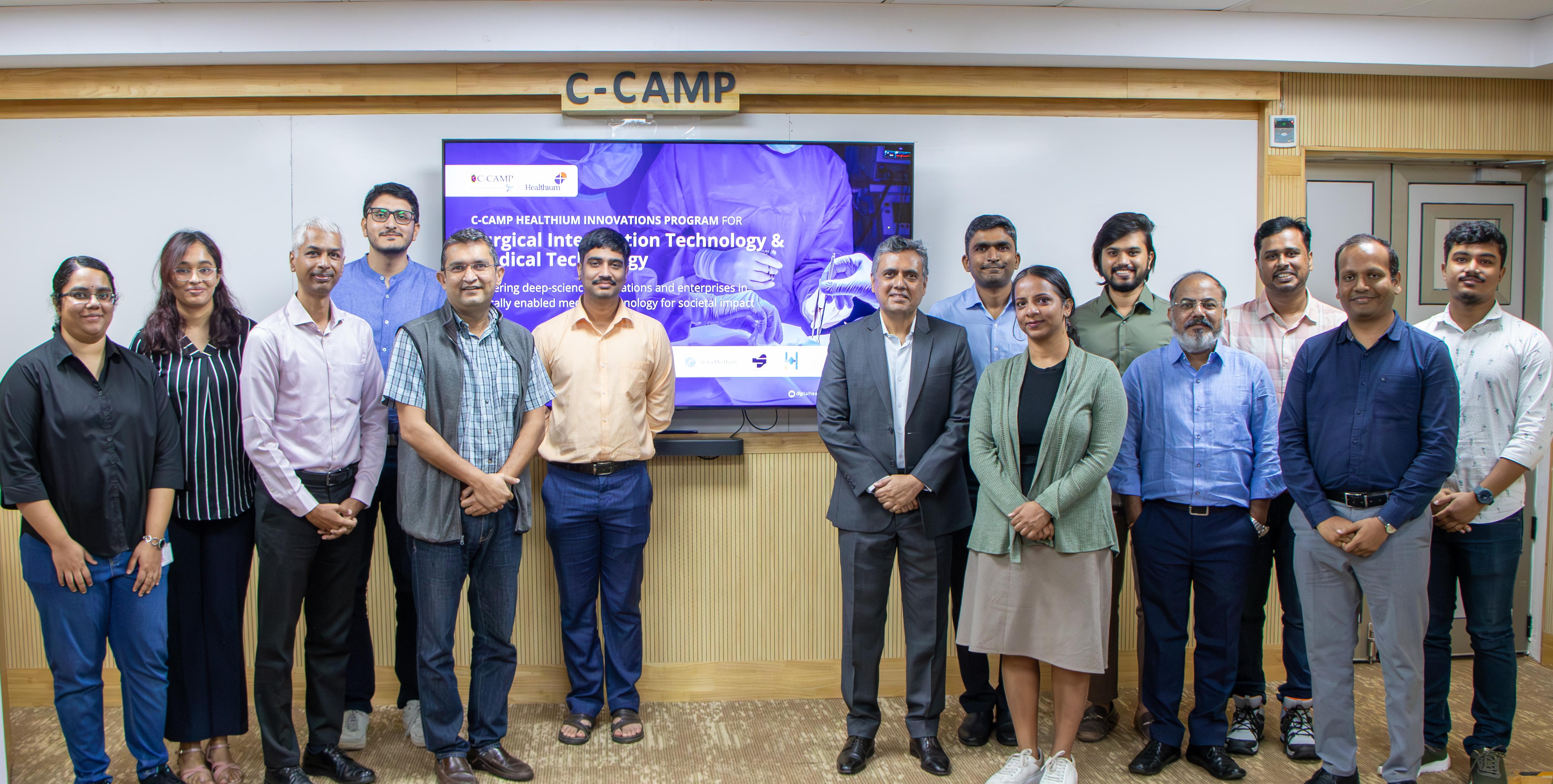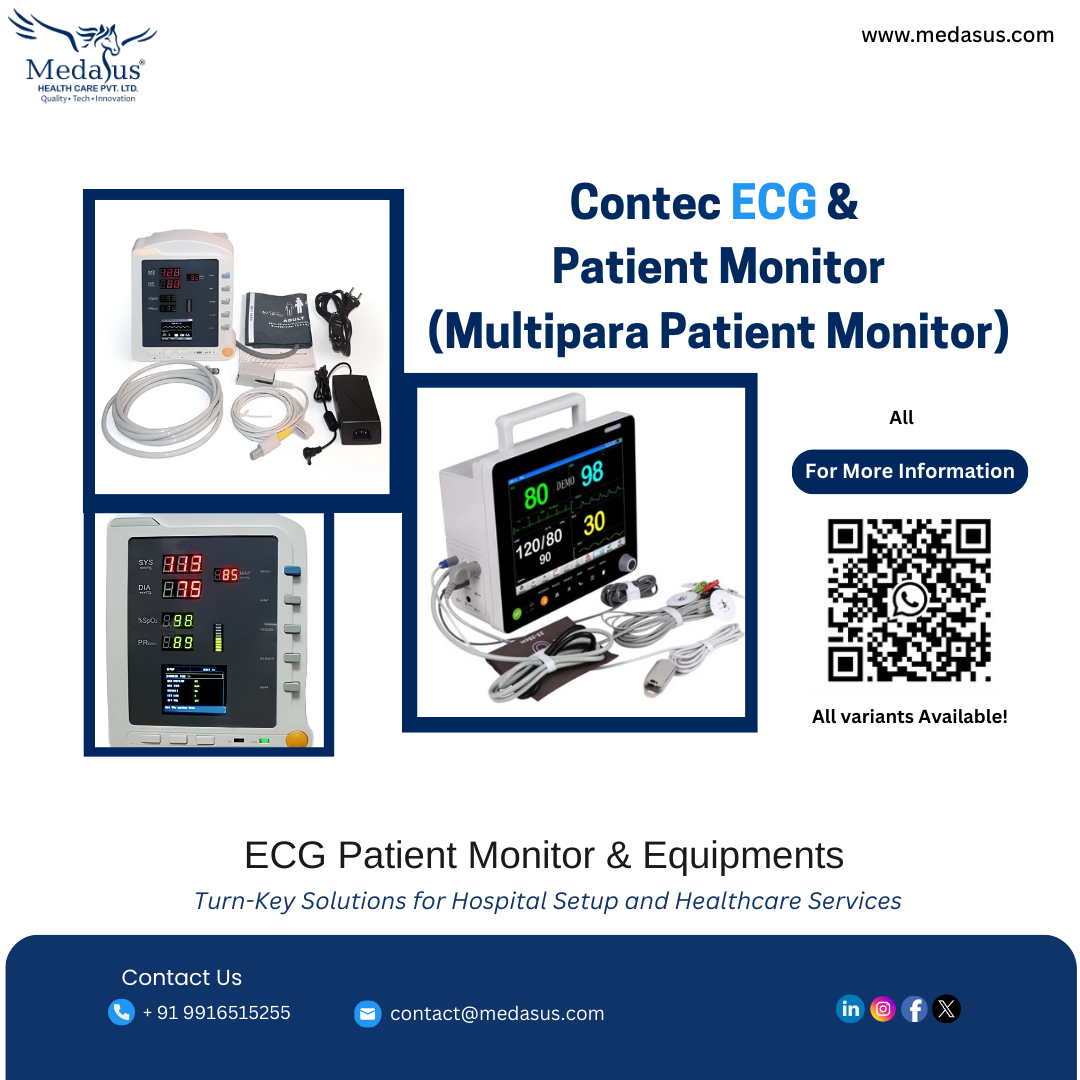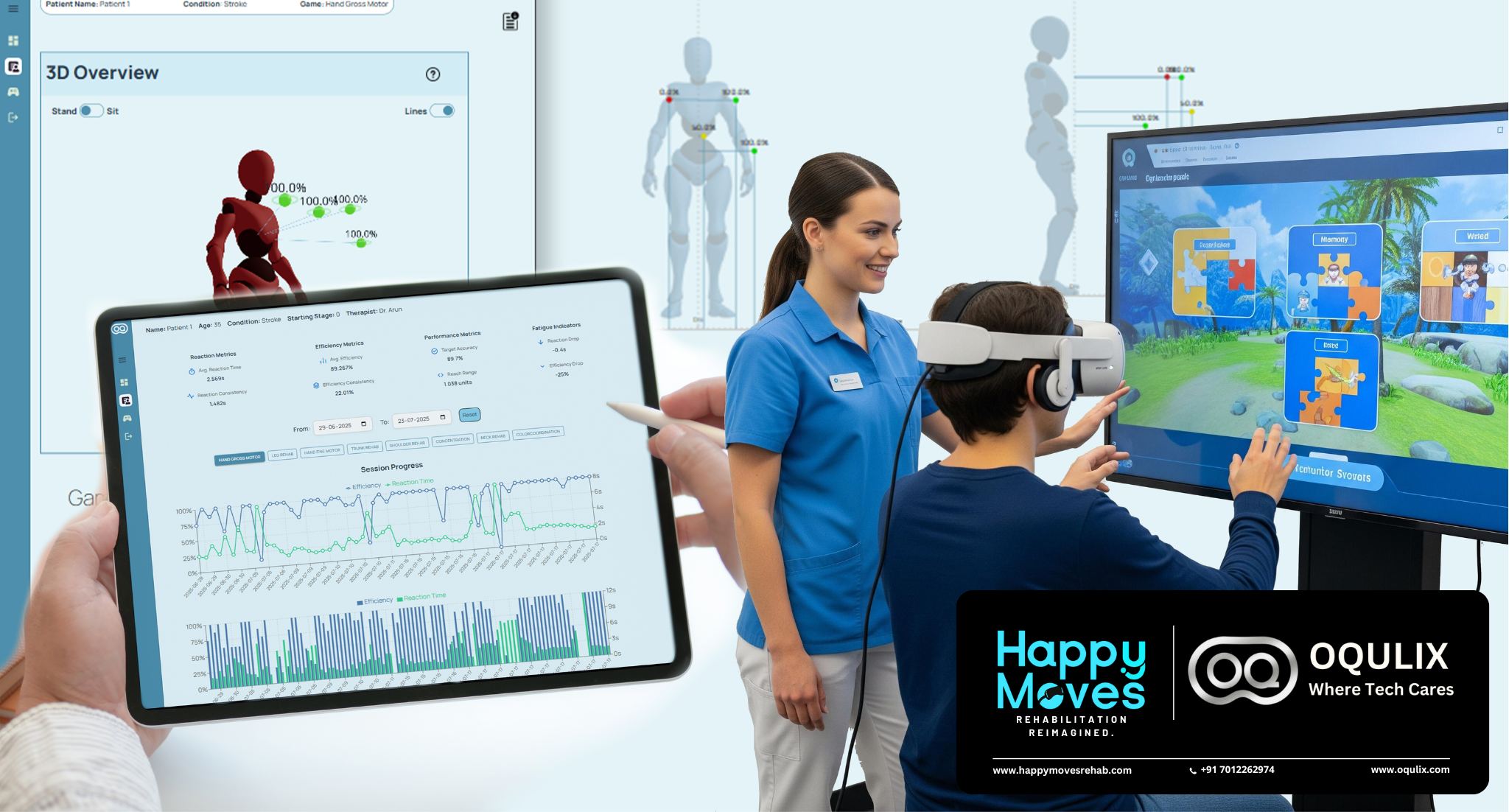Cylindrical on Stand & Cylindrical Vertical Autoclave
Trusted Sterilization. Reliable Performance.
At Medasus Healthcare Pvt Ltd, we provide advanced autoclave solutions designed to deliver:
Efficient sterilization for hospitals, labs & research centers
Durable cylindrical design for long-lasting performance
Easy operation with strong safety features
Ideal for surgical instruments, medical tools & laboratory equipment
🌐 Elevating Healthcare Standards with Reliable Sterilization Technology
📍 Contact Medasus Healthcare Pvt Ltd for product details and demonstrations.
📞 Contact us today for technical details and quotations.
📞 Enquire Today: +91-9916515255
🌐 www.medasushealthcare.com
@medasushealthcare
Trusted Sterilization. Reliable Performance.
At Medasus Healthcare Pvt Ltd, we provide advanced autoclave solutions designed to deliver:
Efficient sterilization for hospitals, labs & research centers
Durable cylindrical design for long-lasting performance
Easy operation with strong safety features
Ideal for surgical instruments, medical tools & laboratory equipment
🌐 Elevating Healthcare Standards with Reliable Sterilization Technology
📍 Contact Medasus Healthcare Pvt Ltd for product details and demonstrations.
📞 Contact us today for technical details and quotations.
📞 Enquire Today: +91-9916515255
🌐 www.medasushealthcare.com
@medasushealthcare
Cylindrical on Stand & Cylindrical Vertical Autoclave
Trusted Sterilization. Reliable Performance.
At Medasus Healthcare Pvt Ltd, we provide advanced autoclave solutions designed to deliver:
✅ Efficient sterilization for hospitals, labs & research centers
✅ Durable cylindrical design for long-lasting performance
✅ Easy operation with strong safety features
✅ Ideal for surgical instruments, medical tools & laboratory equipment
🌐 Elevating Healthcare Standards with Reliable Sterilization Technology
📍 Contact Medasus Healthcare Pvt Ltd for product details and demonstrations.
📞 Contact us today for technical details and quotations.
📞 Enquire Today: +91-9916515255
🌐 www.medasushealthcare.com
@medasushealthcare


















